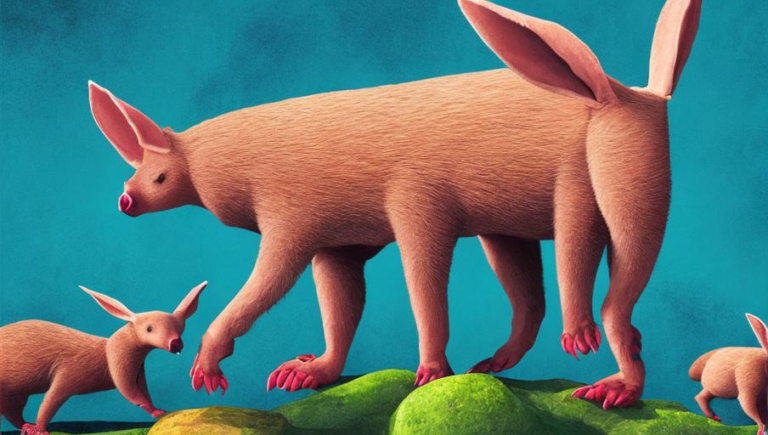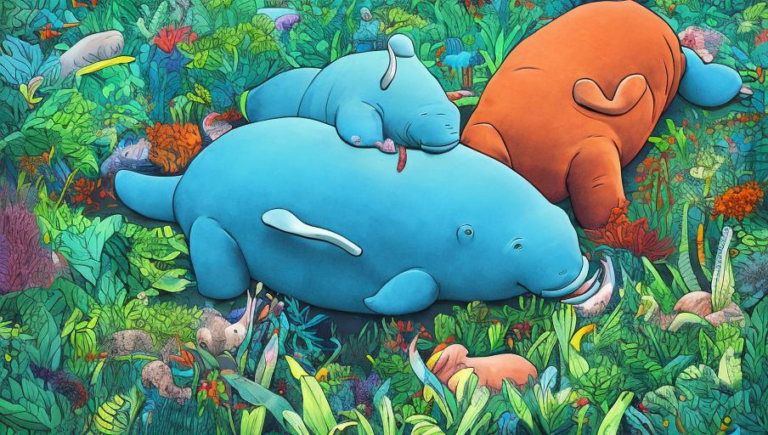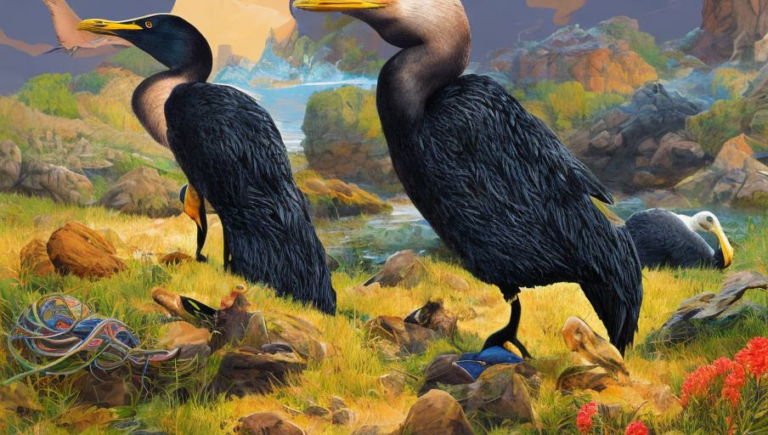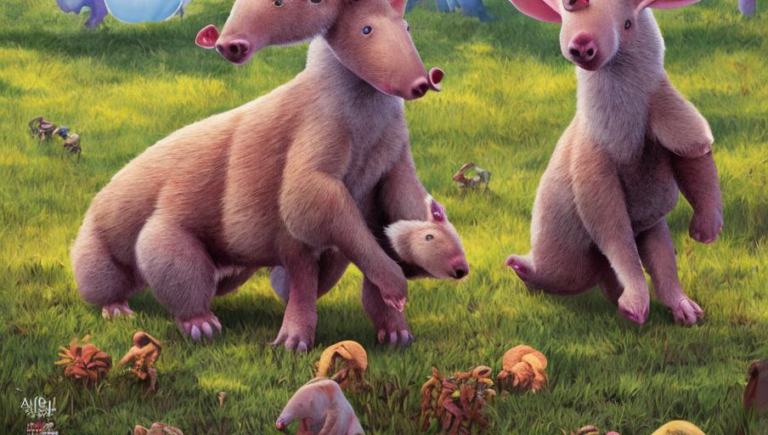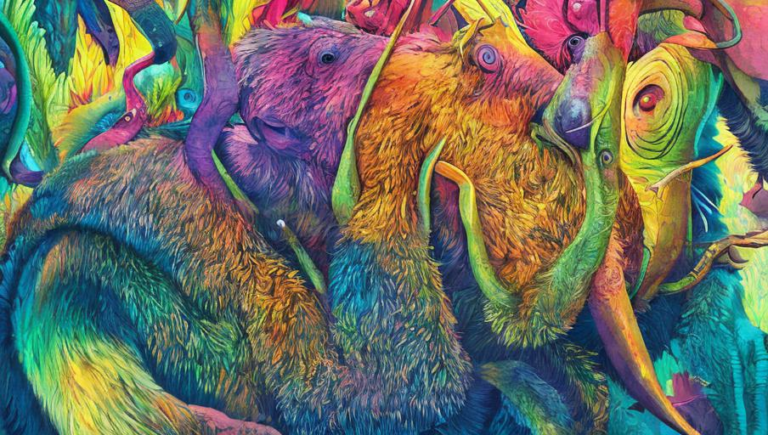A Brief History of the Deer Species
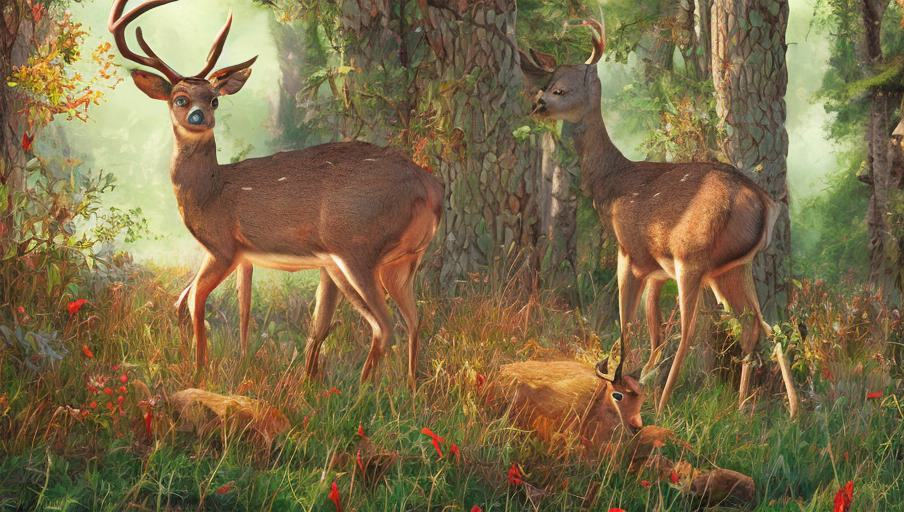
The Early History of Deer
Deer are some of the oldest animals on Earth, with fossil records indicating that they have been around for more than 35 million years. They have been found on every continent except Antarctica, and are among the most diverse of the ungulate species. Deer are an important part of the food chain, providing food for predators like wolves and bears, as well as providing sustenance for humans when they are hunted.
Deer Migration Patterns
Deer have a wide range of migration patterns, depending on the species and the environment they inhabit. Some species of deer, such as the reindeer, migrate hundreds of miles each year in search of new food sources and better habitats. Other species migrate seasonally, moving to new areas when the weather gets too cold or when food sources become scarce.
Deer Social Habits
Deer are social animals, living in groups of up to 20 individuals. The groups are usually made up of a single male, several females, and their young. The male deer, known as a buck, defends his group from predators and marks the area with scent to warn other males away. Female deer, or does, take care of the young and are responsible for finding food for the group.
Modern Conservation Efforts
The deer population has been in decline in recent years due to urban sprawl, deforestation, and hunting. In response, conservation efforts have been put in place to help protect the species. Habitat protection is a major focus of these efforts, as well as the reintroduction of deer to areas where they were once abundant. In addition, hunting regulations have been put in place to ensure that the species is not over-hunted.
The Future of Deer
Deer remain an important species in the food chain and in our ecosystems. With continued conservation efforts, the future of deer looks bright. By protecting their habitats and reintroducing them to areas where they were once abundant, we can ensure that these majestic creatures remain a part of our ecosystems for many years to come.
